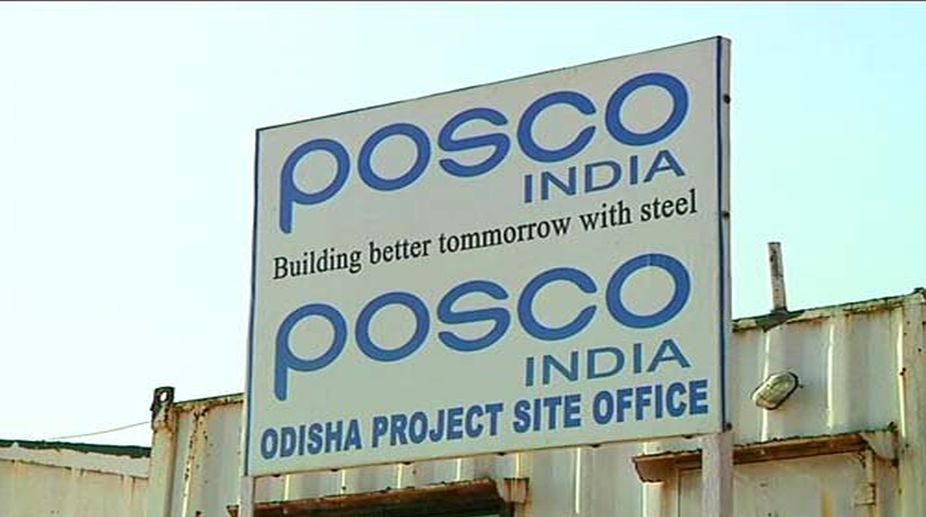Setback for Yoon
The heated race for the 10 April general elections in South Korea ended with a landslide victory of the opposition bloc against President Yoon Suk Yeol’s governing People Power Party (PPP).

Photo: Twitter
With the recent announcement of Odisha’s Industry Minister Devi Prasad Mishra that South Korea’s POSCO had confirmed its withdrawal from the steel project near Paradip, forest dwellers, fisherfolk and peasants in the area engaged in a long struggle to protect their land, livelihood and environment can breathe a sigh of relief. The Rs 52,000-crore project, considered the largest investment by any multinational in the country, violated the Forest Rights Act, 2006, as no forest land can be allotted to anyone until all the rights of the people are protected and their consent obtained. The environment clearance given by the Ministry of Environment and Forest on 31 January 2011 was suspended by the National Green Tribunal on 30 March 2012. The project would not have brought much benefit to the local people or to the country.
On the contrary, it was a plunder of the country’s natural resources and deprivation of the people’s livelihood. The government was committed to hand over to POSCO 4,000 acres of land for the steel plant, 2,000 acres for a township near the plant and 25 acres in Bhubaneswar for its offices. The plant would have drawn 12,000 crore litres of water a day from the Mahanadi, posing a threat to drinking water supply to Bhubaneswar and Cuttack. The government was to allocate captive mines to exploit 600 million tonnes of iron ore on a pittance as royalty which alone would have given POSCO an estimated net profit of Rs 96,000 crore. According to POSCO, the company would have provided 13,000 jobs while land acquisition would have displaced 40,000 people and 20,000 of them would have lost their employment. This was considered ‘development’ by the UPA government at the Centre and the state government in Odisha.
While pulling out of the project by POSCO is to be welcomed, the Odisha government’s decision to fence the land transferred to POSCO and keep it in its Land Bank is to be condemned. The land acquired by coercion or intimidation should be returned gracefully to owners so that they can resume cultivation and reconstruct their demolished homes. The Supreme Court of India has set a healthy precedent by ordering the West Bengal government to return the land acquired from farmers for Tata’s Nano plant to their original owners. In Odisha, forest dwellers and betel farmers whose lands were illegally acquired for POSCO have been agitating peacefully for the last 12 years to protect their habitats for future generations. The Jagatsinghpur district administration and the Industrial Development Corporation of Odisha had let loose a reign of terror to force people to part with their lands. Four people were killed and scores injured in the violence unleashed by the authorities. About 2,000 warrants were issued and 400 false cases registered. More than 800,000 trees were cut down to clear the land for the POSCO plant, rendering the people vulnerable to cyclones. The government should compensate families of those killed in the agitation and withdraw all false cases registered against protesters. Also the people whose betel vines were destroyed should be paid adequate compensation.
Advertisement
Advertisement